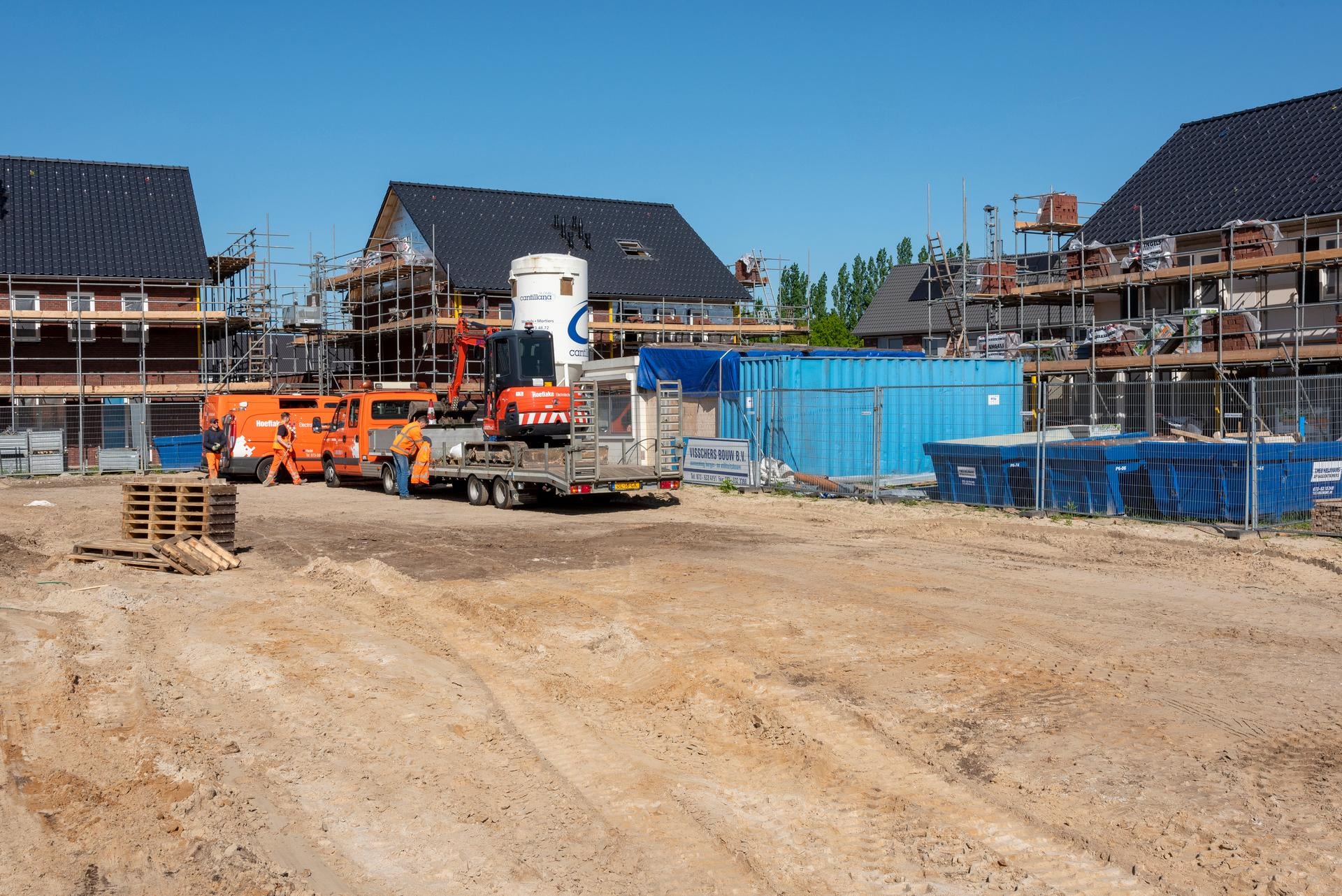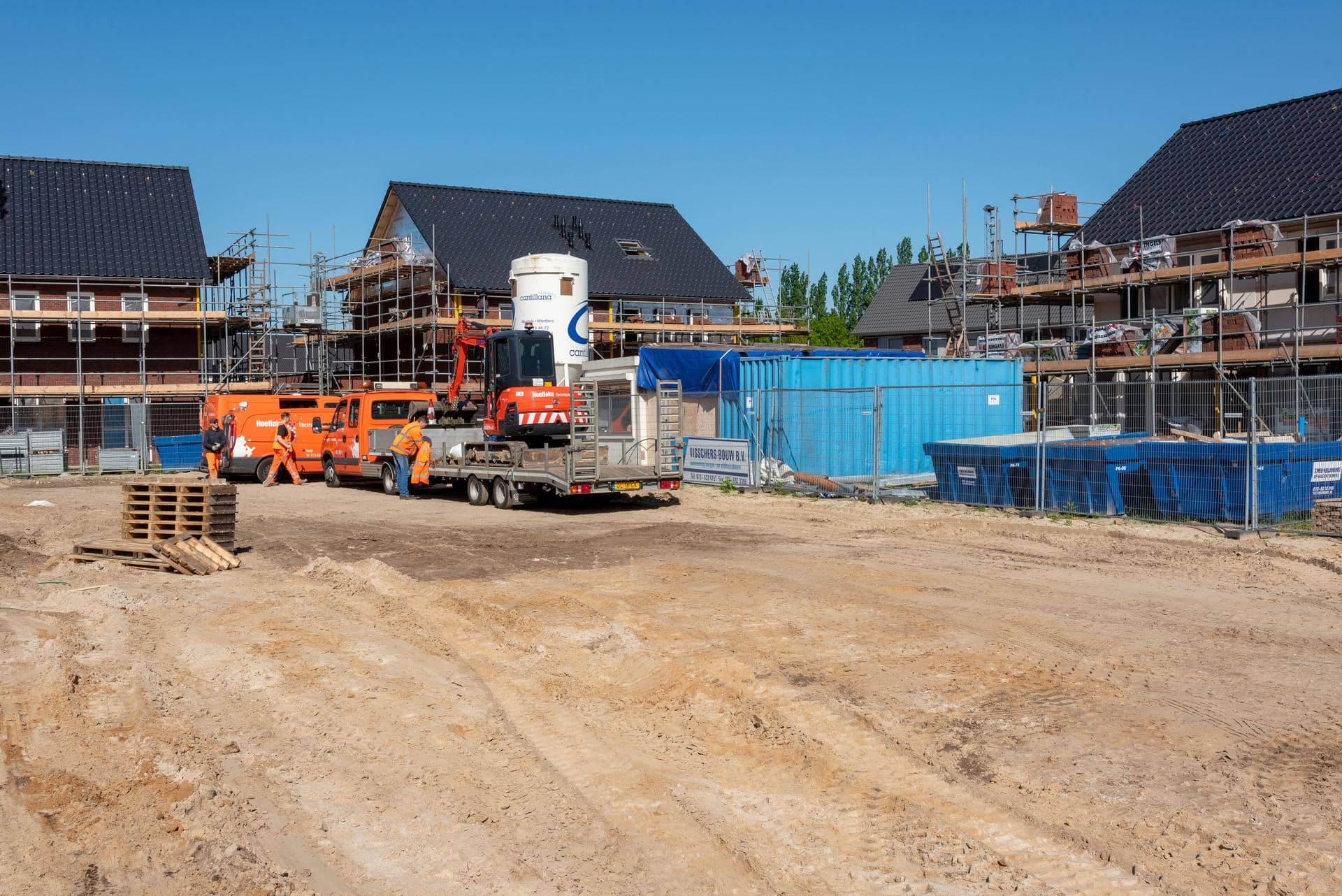How do feelings of uncertainty and powerlessness contribute to a general sense of social discontent? And what does this mean in terms of opportunities to combat this social discontent? These are the central questions of this project.
Aim of the project
In the Dutch political arena, social discontent has been a cause for concern for many years. In this project, the WRR examines one of the potential causes of social discontent: a lack of balance between uncertainty (‘precariousness’) and control. This cause has not been the focus of much research to date.
In recent decades, people appear to have become increasingly uncertain about many aspects of their lives. A job for life is no longer guaranteed and a steady rise in income can no longer be taken for granted. The government is also less ready to step in when things get tough, while the character of the sociocultural environment in which people live is changing. Some groups seem to have little difficulty with this uncertainty, or even regard such developments as positive. For others, however, uncertainty translates into feelings of unease and discontent.
Central hypothesis
Why do people react differently to uncertainty? The central hypothesis of this project is that a major cause lies in the degree to which people have – or perceive themselves as having – control over their situation and their future. The project’s aim is to analyse the relationship between these feelings of uncertainty and control on the one hand, and attitudes towards politics and society on the other. The WRR will issue recommendations on the basis of this analysis.

